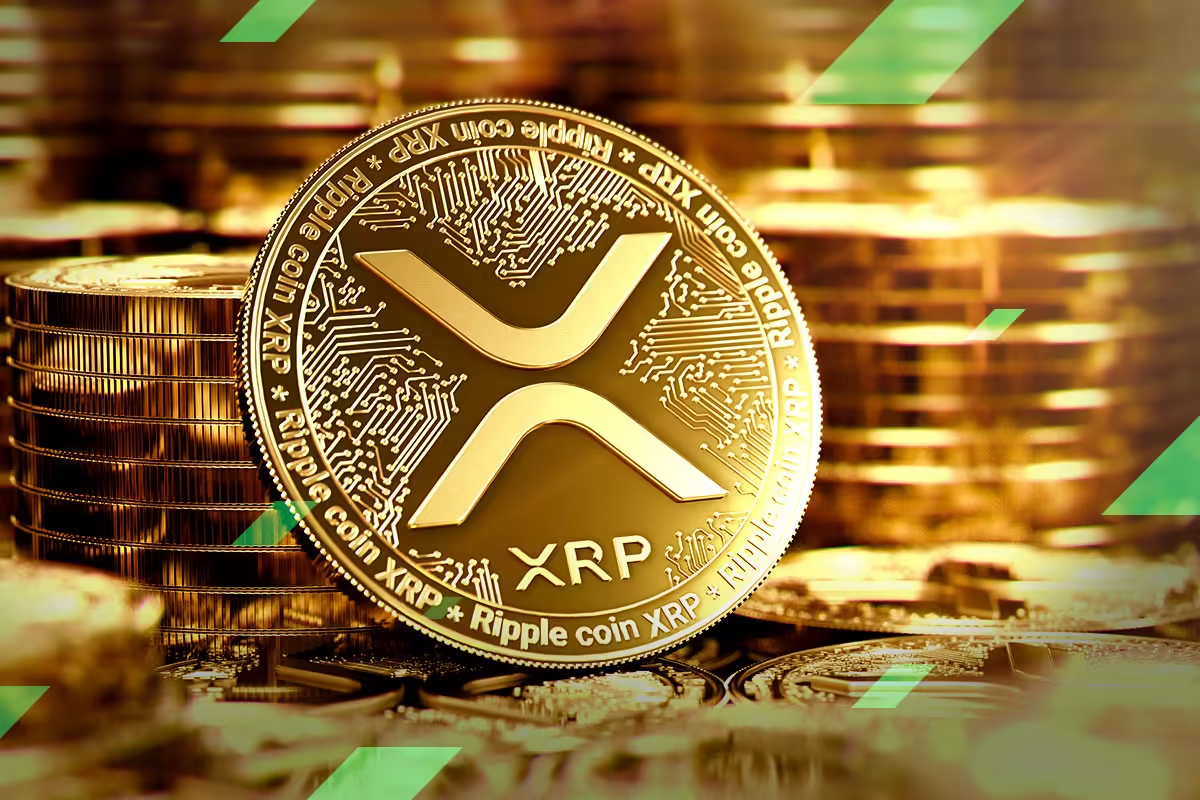|
Getting your Trinity Audio player ready...
|
Polygon Labs, the company behind the popular Ethereum scaling solution Polygon, has announced that its latest zero-knowledge (ZK) proving system, Plonky3, is now ready for developers to use in production environments. This advancement is a significant step forward for Polygon’s Layer 2 scaling efforts and could play a crucial role in enhancing the scalability of decentralized applications (dApps).
What are ZK Proofs and Plonky3?
Zero-knowledge proofs are a cryptographic technique that allows one party (the prover) to convince another party (the verifier) of the truth of a statement, without revealing the details of the statement itself. In the context of blockchain technology, ZK proofs are used to verify the validity of transactions on a blockchain without requiring the entire transaction data to be stored on-chain. This significantly reduces the computational overhead and storage requirements associated with traditional blockchains, paving the way for faster and more scalable networks.
Plonky3 is the latest iteration of Polygon’s ZK proving system, building upon the foundation laid by its predecessor, Plonky2. While Plonky2 offered fast ZK proof generation, Plonky3 takes it a step further by providing developers with a more modular and flexible toolkit. This empowers them to construct their own custom zero-knowledge virtual machines (zkVMs) or zero-knowledge Ethereum Virtual Machines (zkEVMs). These zk-powered environments can validate transaction validity, a critical function for achieving scalability in dApps.
Benefits of Plonky3 for Developers and Users
The key advantage of Plonky3 lies in its efficiency. Compared to Plonky2, Plonky3 boasts faster proof generation times, translating to lower computational costs associated with verifying transactions on ZK rollup chains. This improvement can significantly enhance the overall performance and scalability of the Polygon network.
Several blockchain projects, including Valida and Succinct Labs’ SP1, have already begun leveraging Plonky3’s capabilities. SP1, in particular, utilizes Plonky3 to efficiently prove the validity of arbitrary Rust code, a popular programming language for blockchain development.
Integration with Polygon 2.0 and AggLayer
Polygon is actively developing a Layer 2 ecosystem centered around ZK-Rollups, dubbed Polygon 2.0. This ecosystem will comprise multiple Layer 2 chains built upon ZK rollup technology, facilitating seamless communication between them. Plonky3 will serve as the single, unified prover for all on-chain interactions within the Polygon 2.0 network. This streamlines the process of aggregating and verifying proofs, potentially leading to a high-performance proving system that underpins the entire ecosystem.
Also Read: Polygon (MATIC) Price Stumbles: Bullish Whale Action Or Bearish Divergence?
Furthermore, Polygon plans to integrate Plonky3 with its upcoming AggLayer, an interoperability layer designed to unify liquidity and security across a network of chains. AggLayer will act as a bridge between these Polygon 2.0 chains, enabling the secure transfer of native Ethereum assets and simplifying the cross-chain communication process.
By combining Plonky3’s efficiency with the interoperability features of AggLayer, Polygon is taking a significant step towards achieving its scalability goals. This paves the way for a future where developers can build high-performance dApps on the Polygon network, potentially attracting a wider user base and accelerating the growth of the decentralized finance (DeFi) ecosystem.
Disclaimer: The information in this article is for general purposes only and does not constitute financial advice. The author’s views are personal and may not reflect the views of Chain Affairs. Before making any investment decisions, you should always conduct your own research. Chain Affairs is not responsible for any financial losses.
A lifelong learner with a thirst for knowledge, I am constantly seeking to understand the intricacies of the crypto world. Through my writing, I aim to share my insights and perspectives on the latest developments in the industry. I believe that crypto has the potential to create a more inclusive and equitable financial system, and I am committed to using my writing to promote its positive impact on the world.




